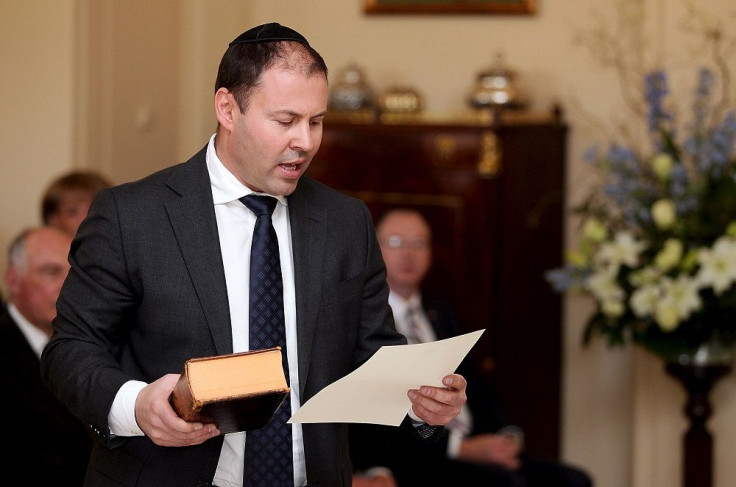New Environment Minister Josh Frydenberg favours lesser role for coal in Australia’s future energy mix

To meet the Paris climate deal goal of less than 1.5 degrees increase in global warming, Australia’s Climate Institute suggested in April to close the country’s coal-powered plants. New Australian Environment and Energy Minister Josh Frydenberg said on Wednesday that coal would play a declining role in the country’s future energy mix.
His position is a big shift from the Abbott government which refused to abandon coal. The minister assures that Australia’s renewable energy target of 23.5 percent in 2020 is set in stone. “The goal must be affordable, accessible, and reliable energy supply as we transition to a lower-emission future” which he sees is his template for action, reports Sydney Morning Herald.
But he would not junk coal which Frydenberg says still plays a vital role in the mix. “Coal is an important sector in Australia. But the global picture about coal is it will remain important but it’s a declining share of the overall energy mix,” ABC quotes the minister.
On Tuesday, the Australian Renewable Energy (ARENA) said the country’s first large-scale solar farm would be built near Canberra, co-located with wind turbines. The 10-megawatt solar photovoltaic facility would rise next to the existing Gullen Range Wind Farm.
Once up, it would lay the groundwork for the construction of more solar plants, beside wind farms, and help reduce faster the cost of large-scale solar energy. ARENA would provide $9.9 million support to the $26-million wind farm project in terms of development and construction.
By co-location, there is more continuous energy generation since most wind farms tend to generate more energy overnight, while solar energy is generated only during the day.
“Wind farm owners across Australia could benefit from adding solar plants to their existing sites. Developers can save money on grid connection, approvals and site development costs by co-locating wind and solar plants, whilst also reducing environmental impacts,” says ARENA CEO Ivor Frischknecht.
VIDEO: Australia riding coal train despite climate pleas
Source: AFP news agency





















